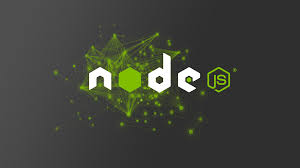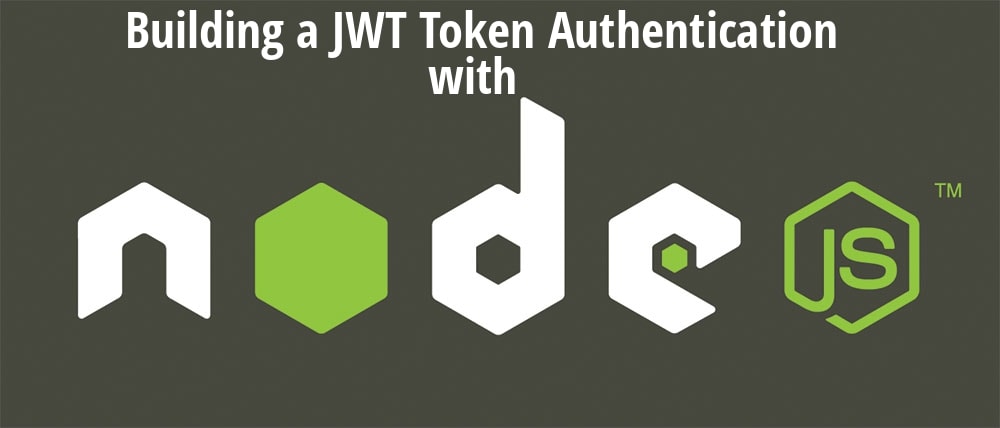In our previous article, we explored the tools and trends shaping AI and Python development in 2025. This time, we’re shifting gears to look at something just as critical — the people behind the code, the ethical decisions we face, and how Python developers can lead the way in building responsible AI.
AI Isn’t Just About Automation — It’s About Intention
While Python lets us automate tasks or build powerful models in just a few lines of code, the intent behind what we build is becoming more crucial. Is your AI fair? Transparent? Inclusive?
# Quick classifier example using scikit-learn
from sklearn.datasets import load_iris
from sklearn.model_selection import train_test_split
from sklearn.ensemble import RandomForestClassifier
data = load_iris()
X_train, X_test, y_train, y_test = train_test_split(data.data, data.target)
model = RandomForestClassifier()
model.fit(X_train, y_train)
print("Accuracy:", model.score(X_test, y_test))
Simple, right? But what if your training data had bias? That's where fairness tools come in.
Ethical AI with Python: Libraries and Frameworks
Python developers now have access to tools that help ensure fairness and transparency:
Fairlearn– for reducing bias in machine learning models.AIF360(AI Fairness 360 by IBM) – a toolkit to detect and mitigate bias.Evidently AI– for monitoring and explaining model performance.
# Using Fairlearn to evaluate fairness
from fairlearn.metrics import MetricFrame, selection_rate
from sklearn.metrics import accuracy_score
metrics = MetricFrame(
metrics={"accuracy": accuracy_score, "selection_rate": selection_rate},
y_true=y_test,
y_pred=model.predict(X_test),
sensitive_features=data.target_names[y_test]
)
print(metrics.by_group)
Pro tip: Even a well-trained model can be harmful if trained on biased data. Use these tools early in your pipeline.
Creativity and Collaboration in the Age of Generative AI
Python powers generative models that are reshaping creativity. Here’s a glimpse using OpenAI’s GPT (via API):
import openai
openai.api_key = "your-api-key"
response = openai.ChatCompletion.create(
model="gpt-4",
messages=[
{"role": "system", "content": "You are a creative writing assistant."},
{"role": "user", "content": "Write a haiku about AI and humanity."}
]
)
print(response['choices'][0]['message']['content'])
This opens the door to co-creation, but also raises questions about originality and authorship.
What’s Next? The Rise of “AI Generalists”
In 2025, companies are looking for more than just ML specialists. They want:
- Developers who understand data ethics
- Communicators who can explain models clearly
- Generalists who can pivot between code and concept
Python, with its readable syntax and massive ecosystem, is the ideal entry point for these roles.
Final Thoughts: Building AI That’s Worth Building
Let’s move from “Can we build this?” to “Should we build this?”
As Python developers, we have more than just technical power — we have a responsibility. Let’s build tools that empower, not exploit. Let’s write code that reflects the best of human judgment — not just the most efficient path.
Call to Action
What are you building with AI and Python? Share your thoughts, tools, or ethical dilemmas in the comments — let’s build a smarter future together.





